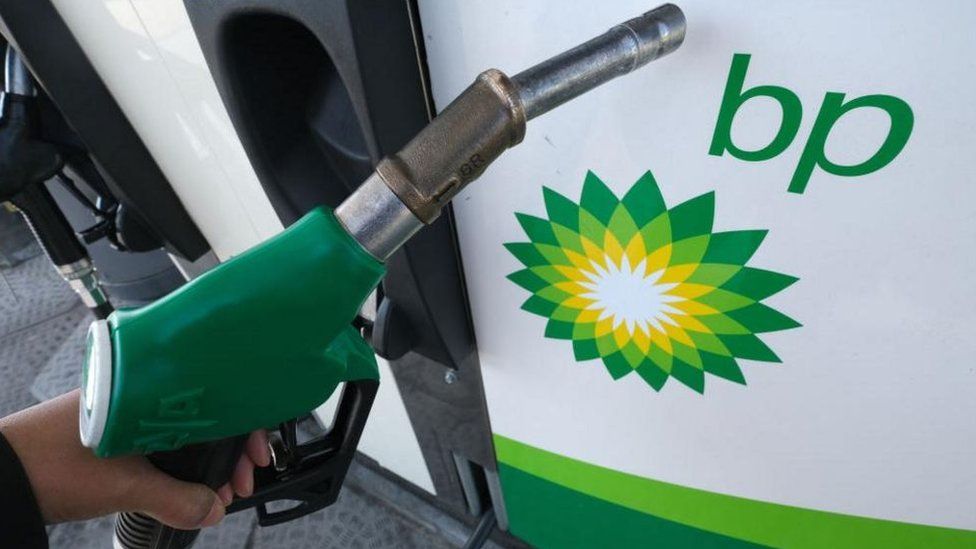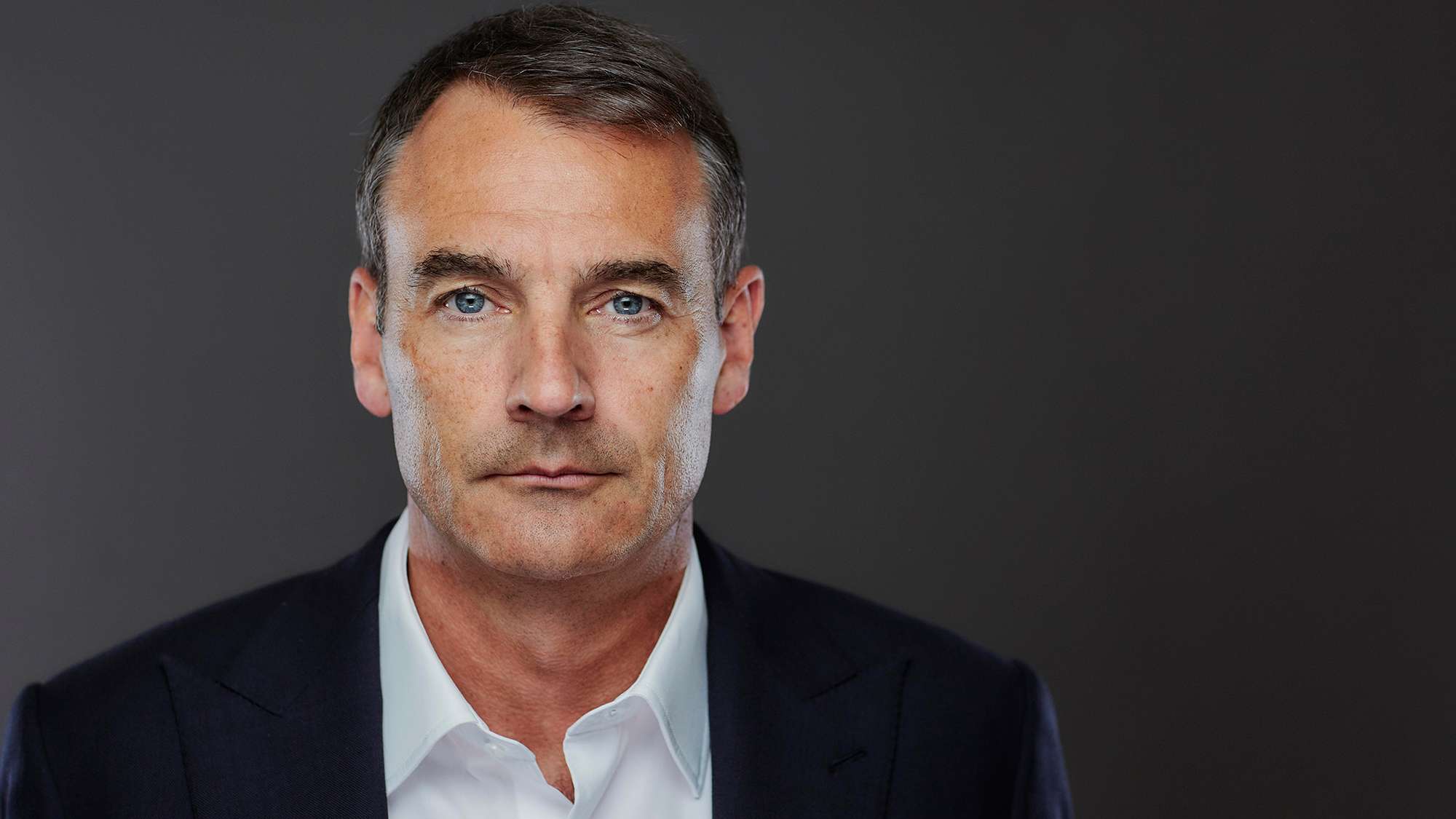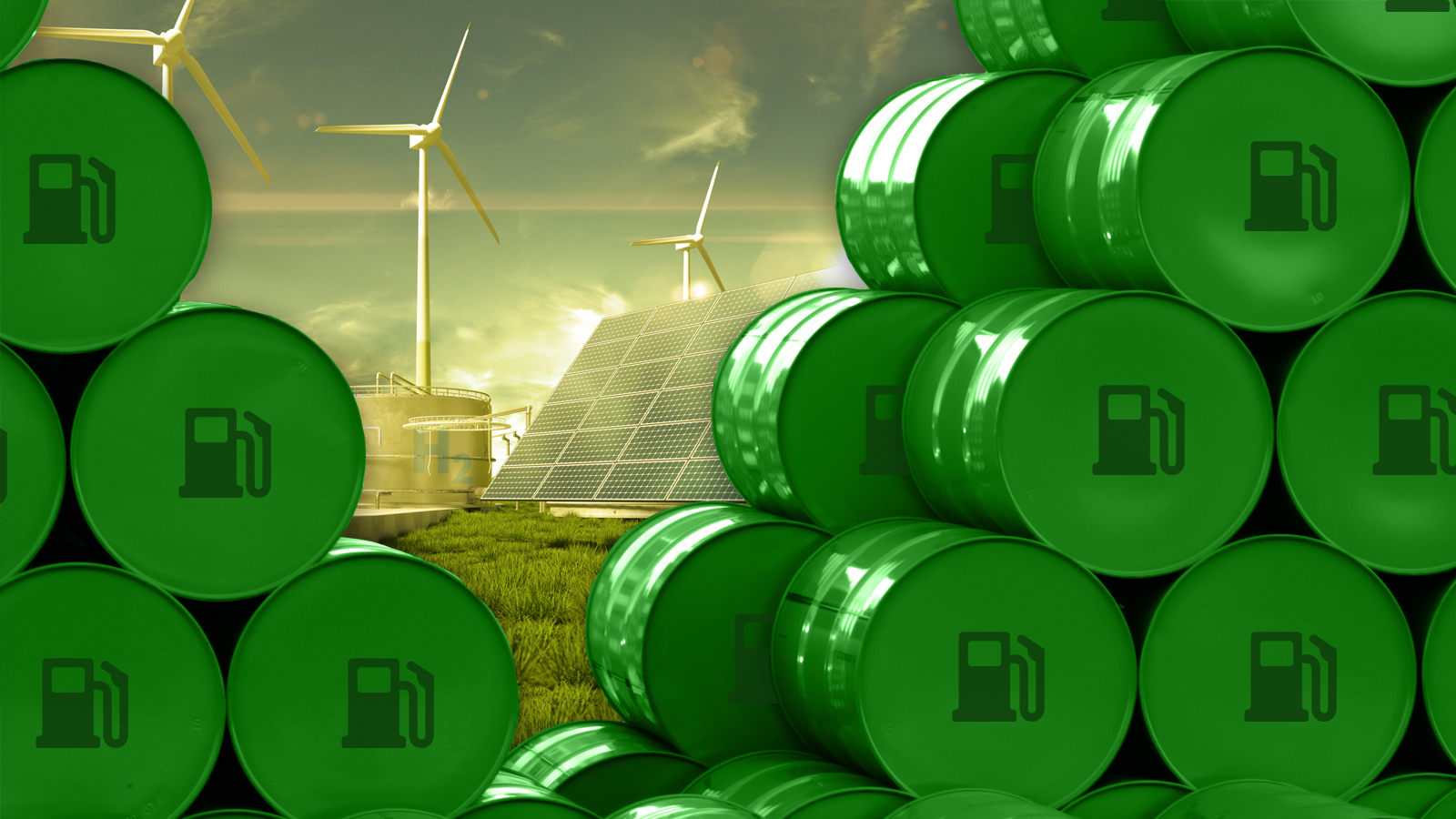BP reduces climate commitments as profits double- is it going to be a major detour?

Labour’s shadow climate secretary, Ed Miliband, and others have called for a “real” windfall tax on BP and its peers after the oil giant disclosed a near-doubling of earnings, but that is the least of chief executive Bernard Looney’s concerns. A more significant force is the company’s shareholders, who have asked that past commitments to reduce hydrocarbon output by 40% this decade be reconsidered.
BP has lowered its climate objectives by stating that annual profits would more than double to $28 billion (£23 billion) in 2022, thanks to a steep surge in gas prices connected to the Ukraine war. In a decision that will enrage protesters, the oil and gas giant has reduced its emissions commitment and aims to increase oil and gas output over the next seven years compared to earlier objectives.
The massive yearly profit prompted renewed calls for a harsher windfall tax, as oil firms profit from increasing gas prices while many people and businesses struggle to deal with a significant increase in energy expenses. He is calling for increased windfall taxes on oil and gas firms, expressing worry that while millions of people struggle to fuel their homes and put food on the table, BP is having a good time at the bank.

Recently, the Labor Party proposed a revision of Britain’s energy gains levy to collect more of the extraordinary revenues produced by oil and gas businesses after Shell’s profits more than doubled to $40 billion, the highest profits in the company’s 115-year history.
Paul Nowak, the general secretary of the TUC, said hard-pressed households were being treated like “cash machines” and would “rightly feel enraged”. Greenpeace UK’s head of climate justice, Kate Blagojevic, claims that BP is another fossil fuel behemoth extracting money from the massive misery caused by the climate and energy crises.
What’s more, their green initiatives seem to have been substantially hampered by pressure from investors and governments to earn even more filthy money out of oil and gas. This is exactly why governments must intervene to reform the rules.
BP reported that it had paid $15 billion in taxes globally, its highest yearly amount. It will pay $2.2 billion in tax for 2022 in the North Sea, which it claimed amounted to less than 10% of worldwide revenues, including $700 million owing to UK windfall taxes, known as the energy gains levy – less than the $800 million it predicted last year due to dropping gas prices.
Statements by the chief of the BP company.
Bernard Looney, the CEO of the company, states that he would not be shocked if the business’s UK tax bill topped $3 billion in 2023, noting that for every £4 earned in the North Sea, the company paid £3 in taxes. Over the previous three years, all profits produced in the North Sea have been either taxed or reinvested in Britain.

BP recorded a $505 million accounting charge as a result of the EU’s version of the windfall tax.
The implementation of a windfall tax on North Sea oil and gas corporations last year followed comments by Looney in which he compared the company to a “cash machine” and stated the fee would not prevent it from making planned expenditures.
Looney declined to comment on proposed changes to the windfall tax. He claims that their function is to invest and pay taxes. Moving on, he says, “their responsibility is to deliver wealth to shareholders, who are millions of individuals, not faceless entities.”
The oil and gas business announced $4.8 billion in underlying profits for the final three months of the year, pushing its yearly earnings to $27.7 billion, significantly ahead of the $12.8 billion reported in 2021. The previous yearly profit record for BP was $26.3 billion in 2008.
The company stated that it would increase its quarterly dividend distribution by 10% and spend an additional $2.75 billion on share repurchases. In 2022, BP returned more than $14 billion to stockholders. BP’s earnings impressed investors, causing shares to soar 7% lately, making it the FTSE 100’s highest increase.
Looney stated that BP projected carbon emissions from oil and gas production to reduce by 20%-30% by 2030, compared to 2019. Its earlier objective was a 35-40% reduction in emissions. BP stated that because it was holding on to some assets for longer periods and spending more on production, its oil and gas output will be about 2 million barrels of oil equivalent per day in 2030 – 25% less than in 2019, whereas its earlier aim was to drop production by 40%.

Earlier claims made by Looney.
Looney sounded as if he’d made up his mind three years ago when he was new to the position. “Today is about a vision, a course of action,” he meant to an assembly of investors and industry professionals. The plan and course of action are ready, and folks have fastened their belts to achieve the way to net zero. There’s no going back.
BP would claim that there has been no change to this strategy since an additional $1 billion (£830 million) each year until 2030 is being invested in what the firm refers to as its “transition growth engines,” which include biofuels, electric charging points, wind, solar, and hydrogen. That is what Looney meant recently when he said he was “leaning in” to the same tactic.
The most significant cause of concern.
However, an equal amount will be focused on oil and gas, implying that the goal of cutting hydrocarbon output by 40% by 2030 has been dropped in favor of a 25% reduction. Whereas BP used to declare it would happily live without the “low margin barrels” that would be withdrawn from the production plan, it now speaks to “short-cycle fast-payback chances”. This is not a U-turn, but it is a significant detour.
The world is “a new place” and “needs energy that is secure, inexpensive, and low-carbon,” Looney claimed, emphasizing the importance of an “orderly” transition. Indeed, Russia’s invasion of Ukraine altered the economic calculus. Oil is now worth more than $80 per barrel, up from $40 when the transition-speak was turned up. This explains why investors want the oil to last longer: BP’s shares, while rising 7% on the current results, are still rated far lower than those of unabashedly oil-focused ExxonMobil.

Looney anticipated that his new, restructured investment strategy will generate top-line revenues of $51-$56 billion by 2030. If that objective is realized during the next five years, his life will be trouble-free. However, problems will occur if the financial goals appear to be out of reach. In that event, it’s not difficult to anticipate that pressure will mount to forsake the “leaning in” stance and become more hesitant about renewables.
Is it easy to please every stakeholder of the company?
One has to question where this scheme will go next and whether even the weakened hydrocarbon obligations are open to a reassessment. BP expects 15% returns on capital from new oil and gas developments but just 6%-8% in portions of its renewable power portfolio. That is where the difficulties in attempting to please all types of investors come in. Even the audience that loudly professes its environmental credentials seemed to want both the halo of renewables and more of the benefits on the show’s recently recorded earnings of $28 billion in 2022 and massive share buybacks – from polluting oil and gas.
The final strategy.
Miliband and his colleagues should take note. One might debate whether a “true” windfall tax on North Sea revenues would put the top rate at 75%, as it does currently, or at 78%, as it does in Norway. The greater story, however, is taking place elsewhere: it is the signal from companies like BP, Shell, and others that the transition to a lower-carbon energy system will take longer than originally predicted. That is the most important takeaway from the current analysis episode.
Edited by Prakriti Arora




